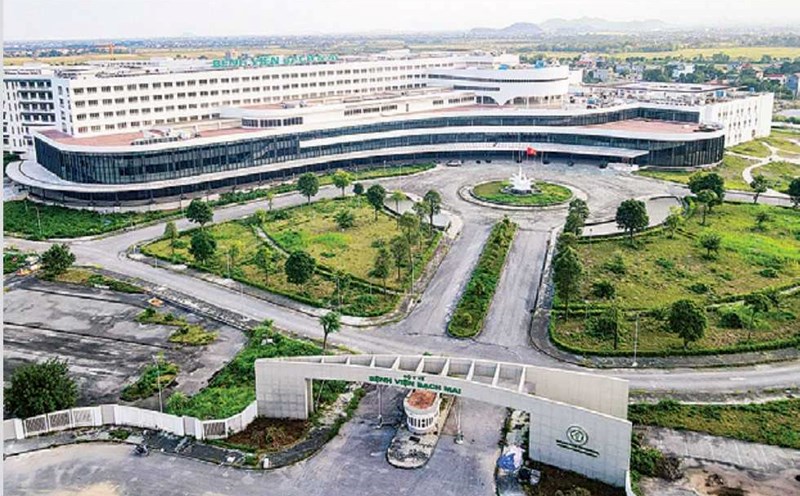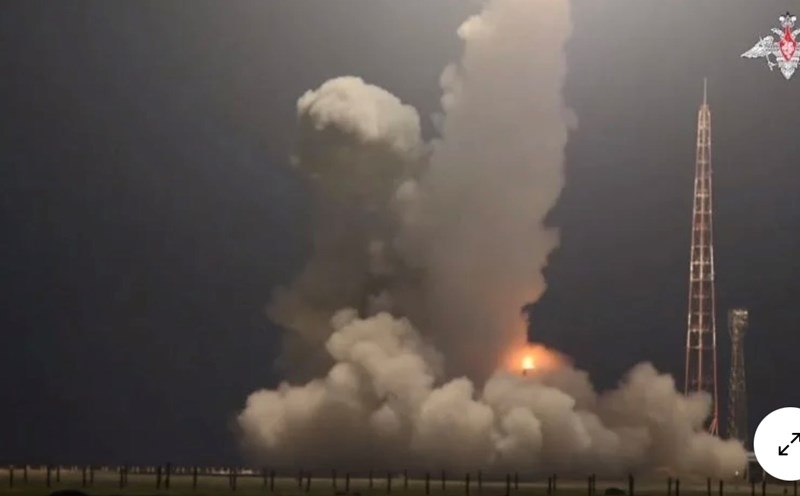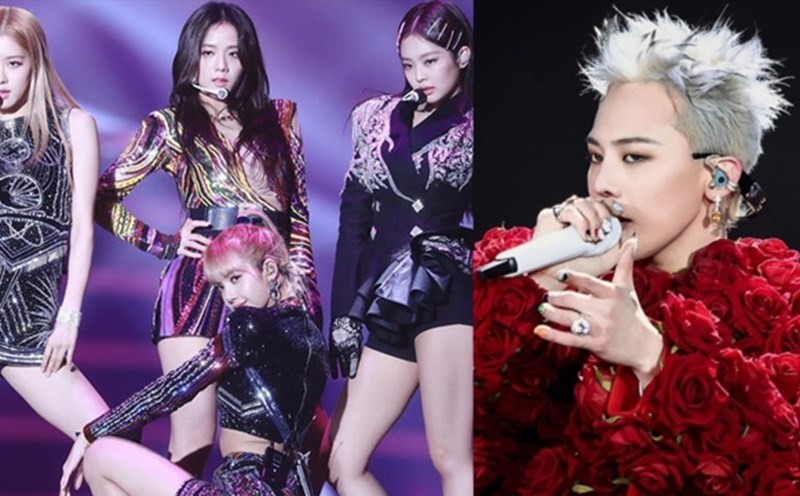After G-Dragon announced his concert at 8Wonder Ocean City, the number of searches for accommodation around the concert area on November 6-9 increased by more than 250% compared to the same period last year.

When the artists participating in Y-CONCERT in Hanoi were announced, the number of searches for accommodation on the event days (December 19 - December 20) increased by 60%, compared to the same period last year.
Previously in 2023, when Blackpink came to My Dinh Stadium to perform, the number of people looking to book rooms in Hanoi increased 10 times during the music night.
For many tourists, music events are the main factor that motivates them to travel, not the destination.
Mr. Le Quoc Vinh - Chairman of Le Media Group shared with Lao Dong Newspaper reporters about the wave of music tourism spreading in the Vietnamese fan community.
Don't just look at the money from selling concert tickets
- Recently, major cities such as Hanoi, Ho Chi Minh City, Da Nang... have continuously organized large-scale music nights, attracting a large number of tourists. How do you feel about this trend?
- Any country considers performing arts as a part of cultural life.
The development of large-scale music nights with many audiences is a sign that our cultural and entertainment life is improving day by day. This is a positive trend. This is a sign that Vietnam is making significant progress in the economy in general. People have the ability to pay for spiritual dishes like this.
Remember, a few decades ago, organizing large, high-invested music festivals was often quite unstable due to limited ability to attract audiences. At that time, the problem of running a music event business was quite difficult.
To upgrade quality to keep up with international performance standards, we have to invest heavily, while people's ability to pay is very limited. Infrastructure conditions in Vietnam are not many.
Today, we have dared to look at concerts that have invested tens of billions of VND, but the results are getting better and better.
- According to him, what specific economic benefits is the "concert economy" bringing to localities, such as revenue from tickets, accommodation, food and beverage services, transportation, etc.?
- Performing arts is one of the typical cultural and creative industries, with great potential to become a major economic sector, bringing high economic efficiency. This no longer needs to be proven, because developed countries such as Europe, the US and many Asian countries are already successful models.
I have said on some forums about the cultural industry that, don't just look at the money from selling concert tickets, or look at the profits of the organizers, to evaluate the effectiveness of music performances. The effectiveness of "concert economy" brings double economic and cultural benefits.
In terms of economy, stimulate spending, promote tourism, hotels, restaurants and related services, while generating large revenues from tickets and accompanying products. In terms of culture, promote "soft power", improve event organization capacity and contribute to the development of the national cultural industry. These are huge benefits for localities and on a national scale.
Now people often talk about Taylor Swift economy or also known as Swiftonomics because of the special phenomenon from her Eras Tour in recent years.
It is estimated that the US tour alone has brought the country about 10 billion dollars. And as I said, Taylor Swift's music also has a strong influence on popular culture on a global scale.

Must be done methodically and invested systematically
- Thailand and Singapore have "conceded" to organize Taylor Swift concerts, or Blackpink coming to Vietnam also created a big "economic impact". In your opinion, what can Vietnam learn from the way they exploit music to develop tourism?
- Must be done methodically and invested in a systematic manner. It's not natural to have a Taylor Swift or a Blackpink. The music and performing arts environment is nurtured in a certain journey, with investment not only in artists, but also in performing arts, recording and distribution industries, and the entire supporting ecosystem.
In particular, it is necessary to nurture and develop the performing arts market. I have said above that it is the public's ability to pay and the need to enjoy art that is an important condition for the performing industry to flourish.
When music series are an indispensable spiritual dish, they will become the driving force for accompanying economic activities, such as tourism, restaurants, hotels, merchandise (sentimentals) or supporting production industries.
If so, the state's policies must also be synchronous, in the direction of encouraging and supporting the development of the performing industry.
Businesses also need to consider this as a springboard for their development, not just a brand promotion tool, thereby being ready to accompany, share and support the performance industry.
A reality is that wherever cultural industries are developed, they also stimulate the consumer economy, and food products are developing very strongly.
An island in Thailand, which started with a small music performance on the beach, has become a regular destination every year, attracting thousands of foreign tourists.
When investing in Eras Tour by Taylor Swift, Singapore proactively used it to build a large tourism promotion campaign, attracting fans across Southeast Asia.
They not only open the door for concertgoers to come home, but turn concerts into a key attraction for a tourism promotion strategy.
We can learn from that.











